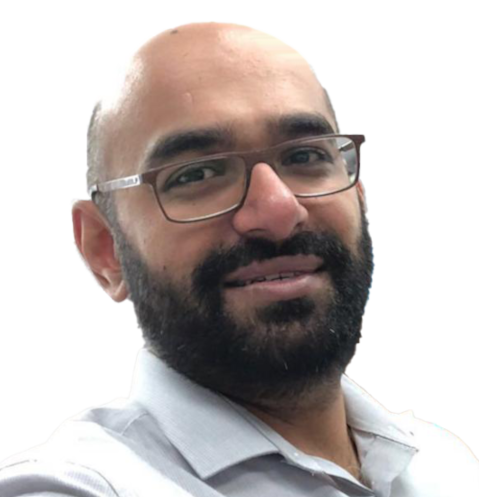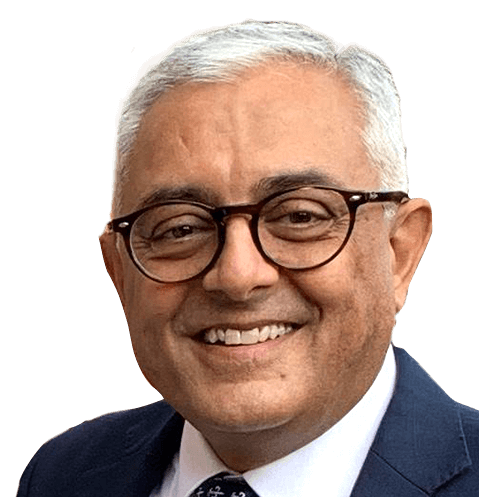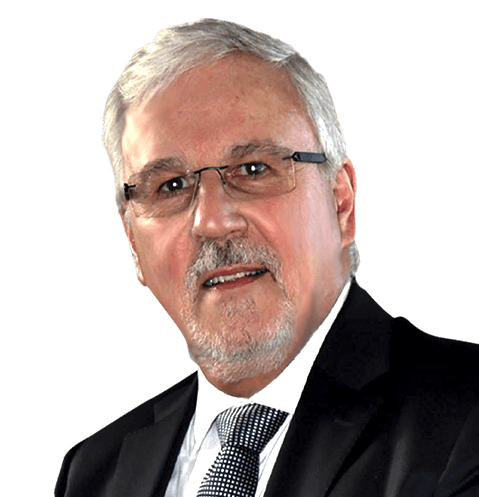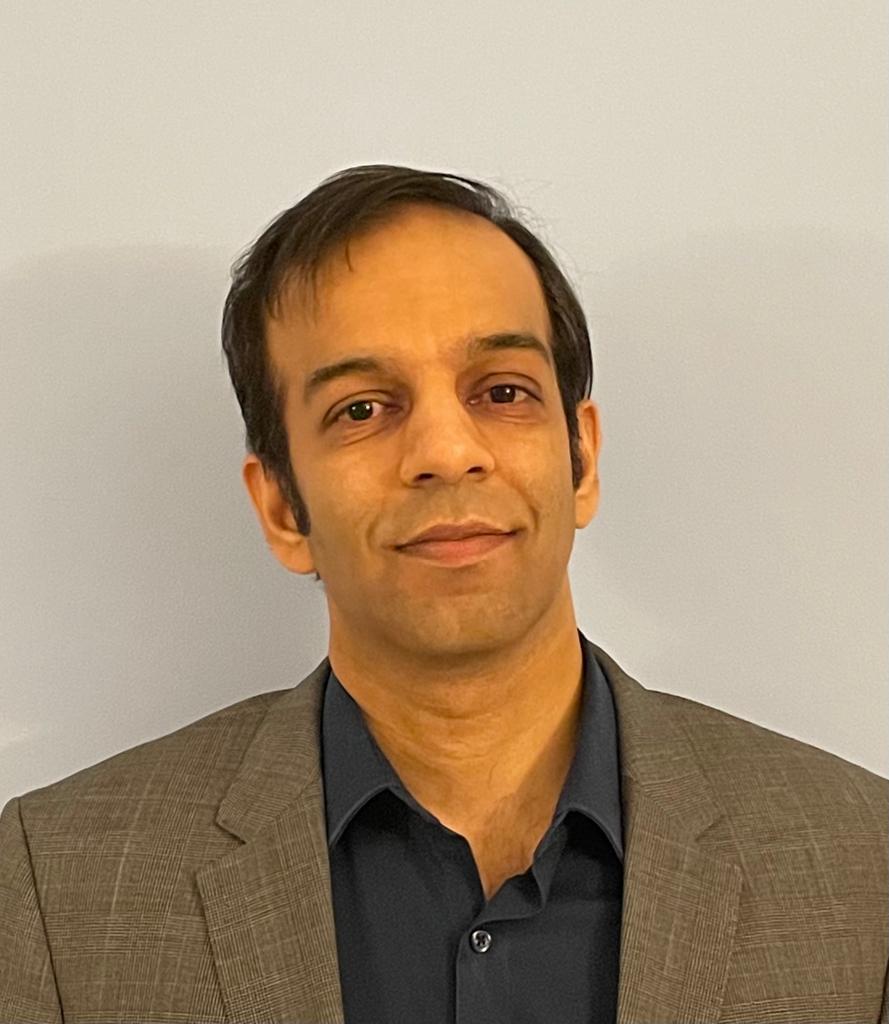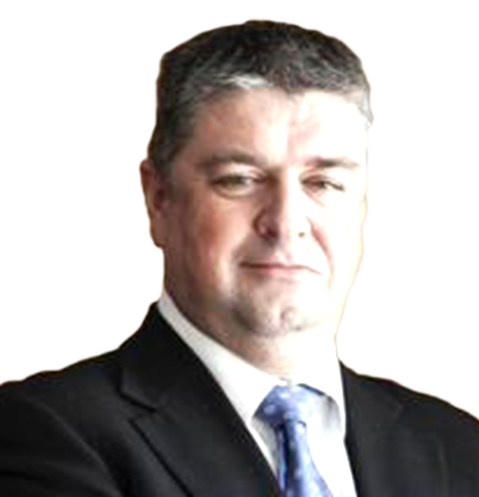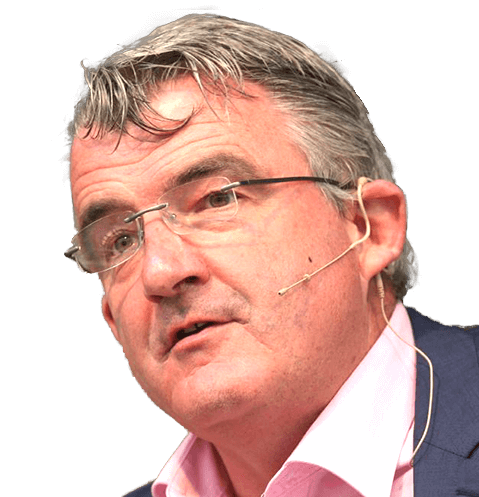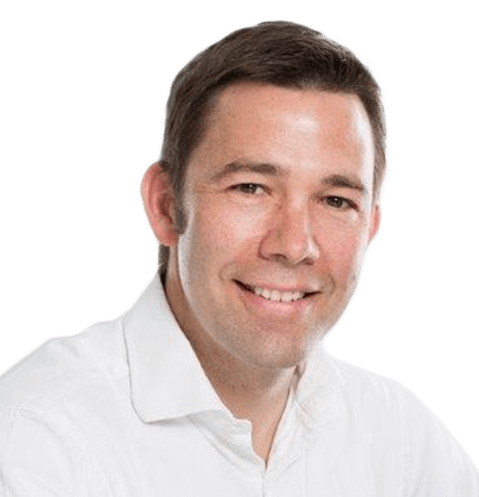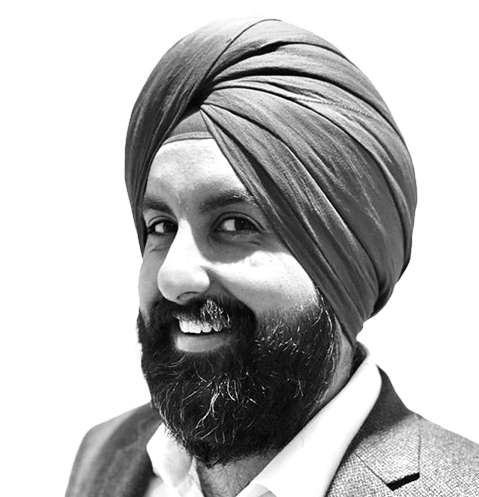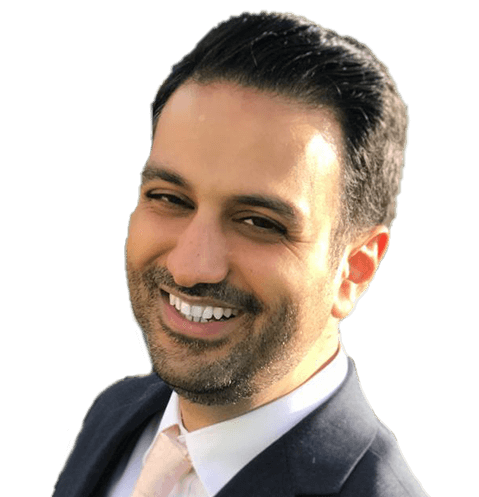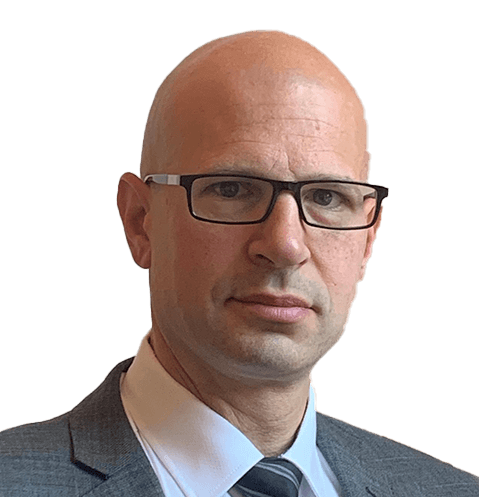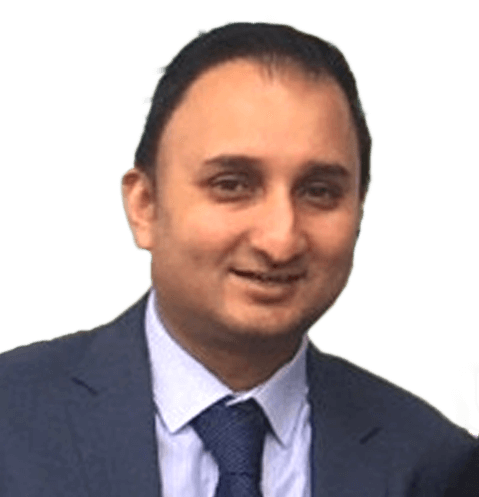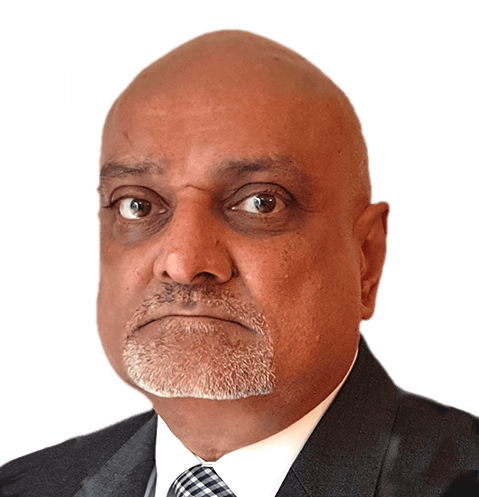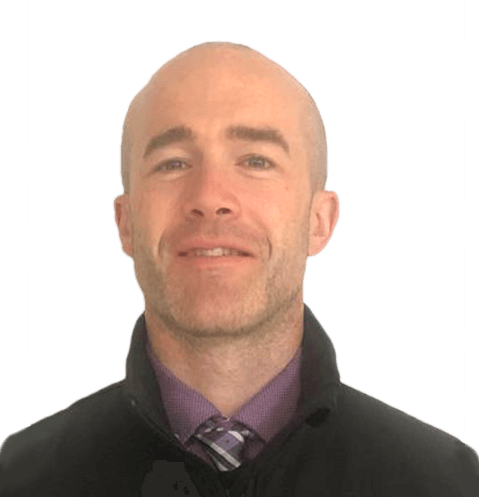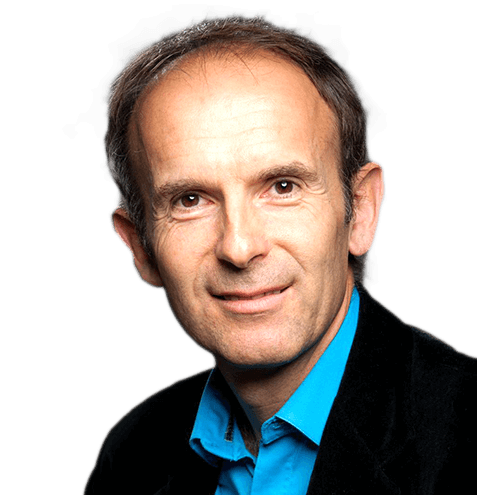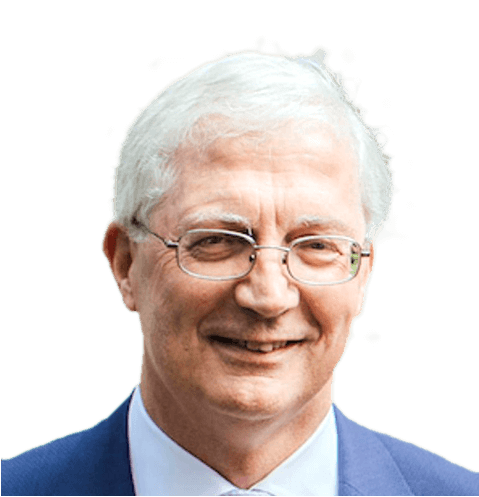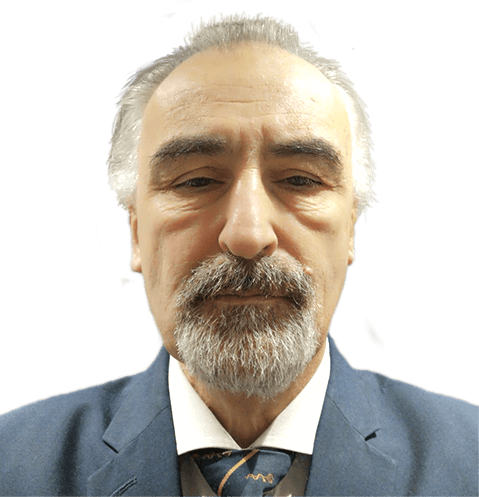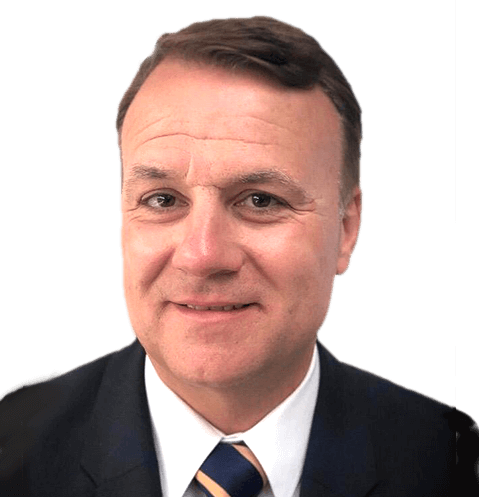The fascinating work of Alitam member Professor Mark Ledwidge.
Behind the façade of his busy community pharmacies in Cork, you’ll find a passionate advocate for transformation in how we use medicines. Alongside his work as a pharmacist, and research professor at the school of Medicine in University College Dublin, Mark Ledwidge is at the forefront of pharmacogenomics: a field of research that studies how a person’s genes affect how they respond to medications. By deploying his unique combination of skills in community care and high-impact medical research, Mark is one of many people helping to usher in a radical transformation of the entire healthcare model. One which will see personal suffering, waste and costs to the healthcare system dramatically reduced as we move towards a ‘one person’ view of healthcare, with community pharmacists positioned at the centre.
 The end of ‘one size fits all’
The end of ‘one size fits all’
“40% of a person’s response to a drug is led by their genes,” says Ledwidge. “One in five people in the United States is taking medication where there’s an important drug-gene interaction. Between 7-20% of hospitalisations worldwide are due to adverse drug reactions. As pharmacists, we are well versed in drug-drug interactions (how one particular drug might react with another) and drug-disease interactions. What we’re looking at now, through the latest genomic sequencing, is how a drug will be processed by an individual: how will they metabolise it? which dosage should we use? which side effects are they likely to experience? will the medicine work or not? We’ve all known for some time there’s no ‘one size fits all’ approach to healthcare. This is the proof.”
As a community pharmacist, whose day is filled with caring for those with often multiple drug needs, Mark clearly sees the synergy of genetic testing with the pharmacist’s current role. “In our Cork pharmacies, we have around 450 patients who would benefit from this kind of genetic testing. It would be a natural extension of the existing GP-pharmacist relationship, where we run tests to help patients and GPs decide on appropriate medications to prescribe. We’re already looking at other interactions regarding a patient’s medication and potential risk factors. GPs may not have the time for this work, and pharmacy training could be shaped so pharmacies would be best placed to provide this service.”
The momentum of Alitam
Which is where Alitam comes in. “Doing this as a small operator won’t have much impact,” says Mark. “But there’s momentum building within Alitam to usher in this new way of treating patients. Pharmacogenomics is underused: it’s employed in cancer care and psychiatry, and the regulatory bodies have an ever-growing watchlist of drugs checked for drug-gene interactions. However, the remit is so much wider. Within Alitam there’s a huge appetite for pioneering healthcare such as this; a recognition of the broad skillset and investment required; and an immense bank of talent to help make it happen. This is a new frontier for the pharmacy and medical community. I believe that within five years, patients will walk into pharmacies, hand us a script and ask us to look up their genome and check for drug interactions.”
A revolution in healthcare
Mark predicts a revolution in healthcare, as we move away from reliance on the hospital system towards investment in community healthcare and prevention. “Genetic testing can help improve care and prevent problems with medicines. This could help keep people in our community well for longer, avoiding the need for unnecessary hospital visits.”
Mark and his team are working towards building this offering in pharmacies and primary care, in collaboration with Trinity College Dublin. “This needs an exceptional team and I look forward to building the model with my Alitam brothers and sisters,” says Ledwidge. “The future of pharmacy is tantalisingly close.”
“Mark is a real phenomenon,” says Alitam founder Feisal Nahaboo. “He’s not just at the leading edge of applied science, he’s a highly skilled and respected pharmacist. He’s a living and breathing example of what futuristic pharmacy is all about: combining the most empowering innovations with first class community care. I’m deeply honoured to have him on the team.”






